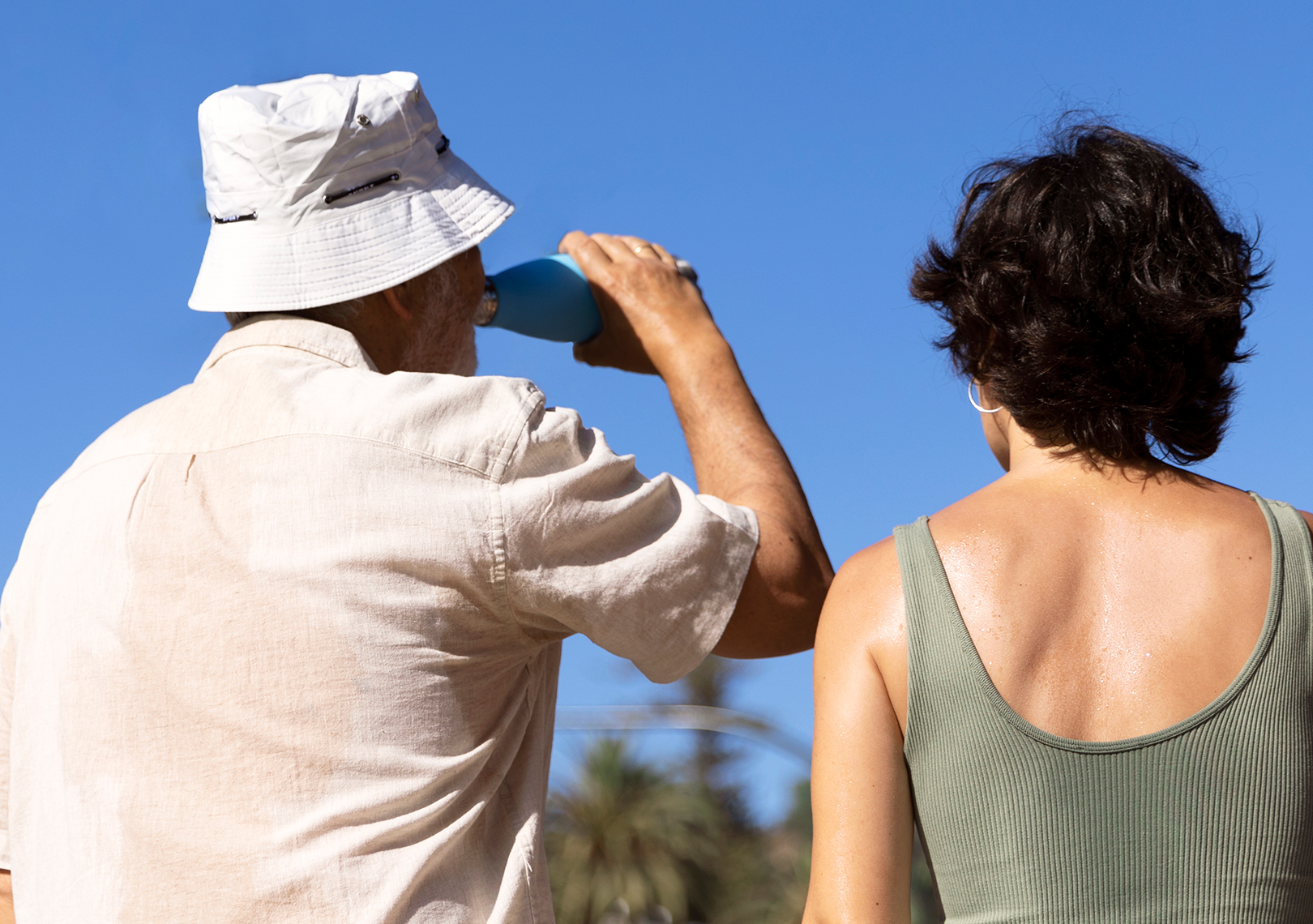
24 September 2025
Respiratory infections on the rise: how to protect yourself (and others)
With the arrival of autumn and fluctuating temperatures, respiratory infections tend to increase. Coughs, sneezes, fever, nasal congestion, and sore throats become common symptoms at home, in schools, and in the workplace. Although often seen as “seasonal norm,” these infections can have more serious consequences — especially for children, the elderly, or people with chronic illnesses.
The good news is that with some simple precautions, it’s possible to prevent transmission, reduce symptom severity, and protect those around us.
🌬️ What are respiratory infections?
Respiratory infections are mostly caused by viruses or bacteria that affect the upper respiratory tract (nose, throat, sinuses) or lower tract (bronchi, lungs).
The most common ones include:
- Common colds
- Flu (influenza)
- Pharyngitis and tonsillitis
- Bronchitis
- Pneumonia
- Covid-19
Most are transmitted through saliva droplets expelled when coughing, sneezing or speaking — or by contact with contaminated surfaces.
😷 Warning signs: when a “simple cold” deserves attention
It’s easy to mistake a mild cold for something more serious. These are signs you should seek medical help:
- High fever (> 38.5ºC / 101.3ºF) for more than 3 days
- Persistent cough or greenish phlegm
- Shortness of breath or chest pain
- Extreme fatigue
- Confusion or excessive drowsiness
- Respiratory symptoms in babies, elderly or people with heart or lung disease
🛡️ How to protect yourself (and others)
Prevention remains the best strategy to contain the rise in respiratory infections:
1. Wash your hands frequently
Soap and water eliminate most viruses and bacteria. If not available, use hand sanitizer with at least 70% alcohol.
2. Avoid enclosed, poorly ventilated spaces
Open windows, promote airflow, and avoid crowds — especially in places with known respiratory infections.
3. Wear a mask if you’re sick
Even with mild symptoms, wearing a mask protects others — especially the most vulnerable.
4. Cover your nose and mouth when coughing or sneezing
Use a disposable tissue or the inside of your elbow. Never your hands!
5. Avoid direct contact with sick individuals
Greetings like kisses or handshakes can be replaced with other gestures during outbreaks.
6. Maintain a healthy diet and rest
A strong immune system is your best defense. Prioritize fruits, vegetables, proteins, water, and good sleep.
7. Keep your vaccines up to date
Vaccines for flu and Covid-19 are essential to reduce infection severity and protect high-risk groups.
👶 Extra care for children and the elderly
These groups are more susceptible to complications. In addition to the tips above, pay close attention to subtle symptoms like unusual tiredness, lack of appetite, or prolonged low-grade fever. When in doubt, consult a pediatrician or family doctor.
✅ Conclusion
Respiratory infections are common, but should not be underestimated. In the context of rising cases, individual care has a direct impact on collective protection. By adopting preventive habits and being alert to your body’s signals, you are taking care of yourself — and those who need it most.
💡 With the Misericórdias Saúde Card, you have access to unlimited general medicine video consultations — free of charge. Stay protected throughout the cold season.

10 July 2025
Heatstroke in the Elderly and Children: How to Prevent and Respond

26 August 2025
Overstimulation in Children: When Too Many Holiday Activities Cause Stress

12 June 2025
The Importance of Mental Health and Where to Seek Help

